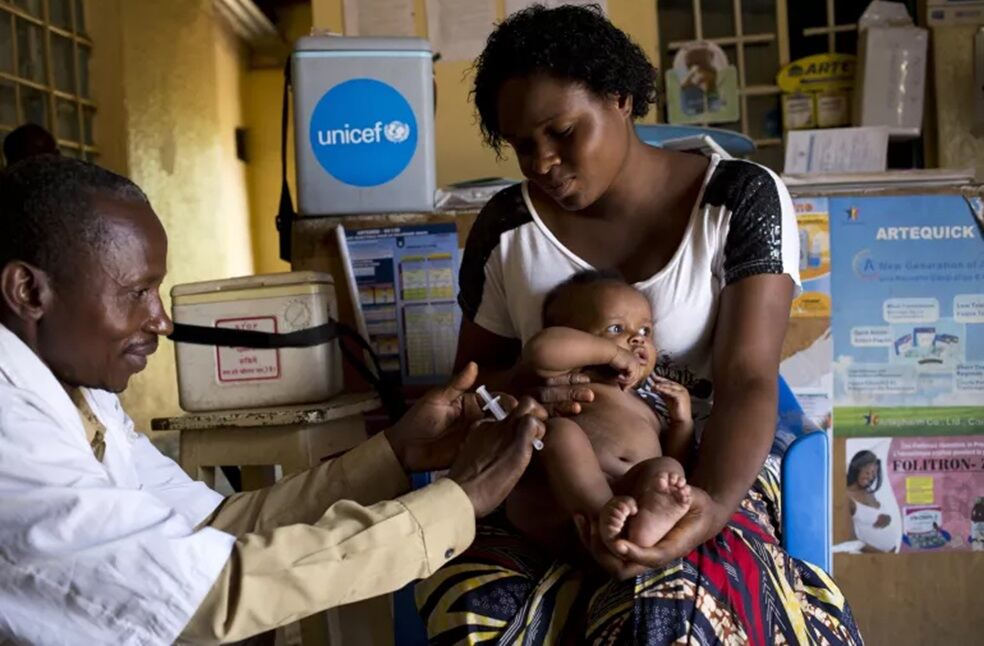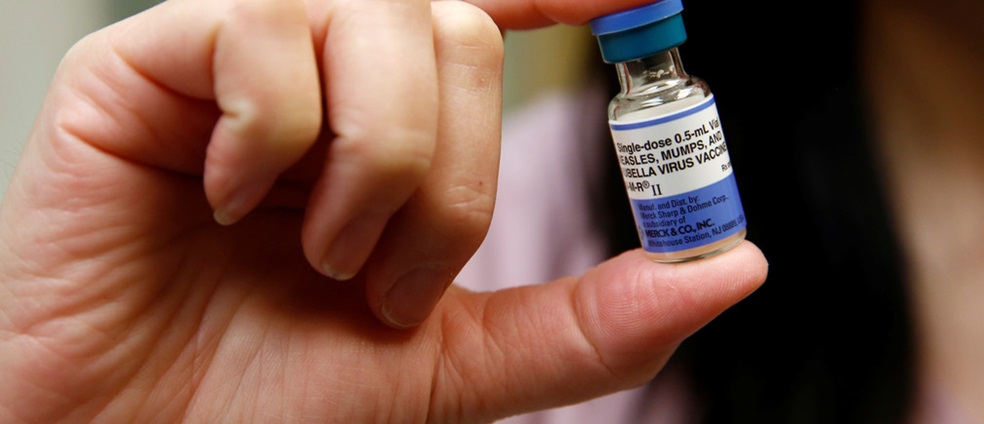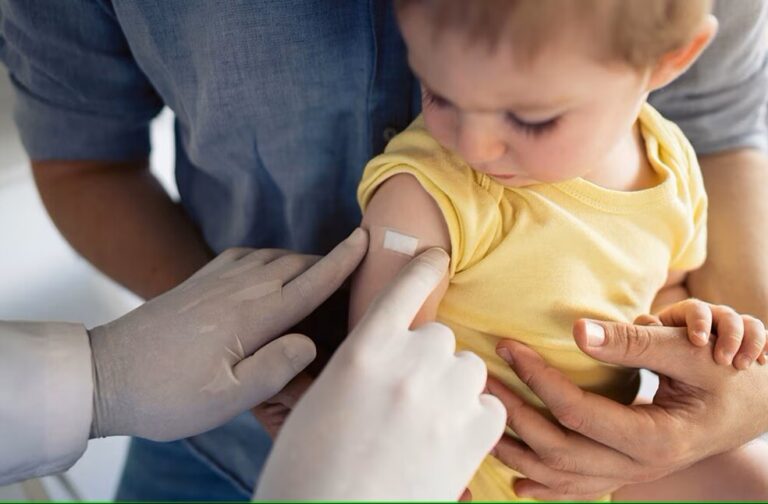United States: A recent study by the World Health Organization (WHO) and the US Centre for Disease Control and Prevention (CDC) reveals a dramatic resurgence of measles worldwide, with an estimated 10.3 million cases recorded in 2023, marking a 20 percent rise compared to 2022.
The report attributes this increase to declining vaccine coverage, warning of widespread health risks if immunisation efforts are not enhanced.
“Measles infections are rising globally, endangering lives and health. The measles vaccine is our best protection against the virus, and we must continue to invest in efforts to increase access,” stated CDC Director Mandy Cohen.

To effectively prevent measles outbreaks, at least 95 percent vaccine coverage with two doses is required. However, the report indicates that only 83 percent of children worldwide received their first dose in 2023- a level consistent with 2022 but down from 86 percent before the COVID-19 pandemic. Furthermore, only 74 percent of children received the recommended second dose, highlighting the ongoing challenges in global immunisation efforts.
WHO Director-General Tedros Adhanom Ghebreyesus emphasised that, “Measles vaccines have saved more lives than any other vaccine in the past 50 years. To save even more lives and stop this deadly virus from harming the most vulnerable, we must invest in immunization for every person, no matter where they live.”
The gap in vaccine coverage has led to large and disruptive measles outbreaks in 57 countries in 2023, up from 36 countries in 2022, with almost half of these outbreaks occurring in Africa. While the Americas remained measles-free, the virus continues to spread in most other regions, endangering young children, who are especially vulnerable to severe complications.

The measles virus, which causes a rash, fever, and flu-like symptoms, is estimated to have killed 107,500 people in 2023- primarily children under the age of five. Although this marks an 8 percent decrease from the previous year, the reduction is mainly attributed to improved healthcare and nutrition in regions experiencing the outbreaks, which has lowered mortality rates.
WHO and CDC officials warn that the global target of eliminating measles as an endemic threat by 2030 is “under threat.” While WHO’s Americas region was recently reconfirmed as free of endemic measles following Brazil’s successful re-verification, all other regions face significant challenges, particularly Africa.
The agencies have called for targeted efforts to ensure all children receive two vaccine doses, especially in Africa, the Eastern Mediterranean, and conflict-affected areas.



